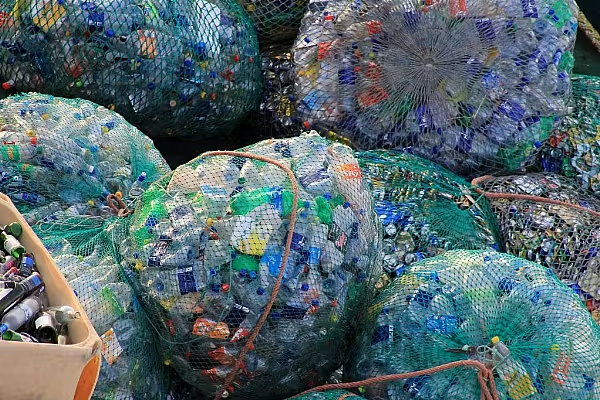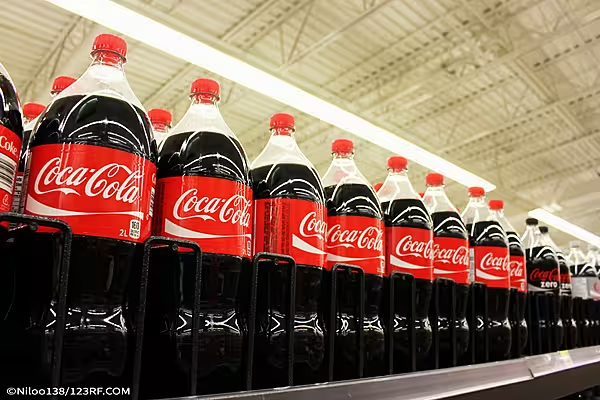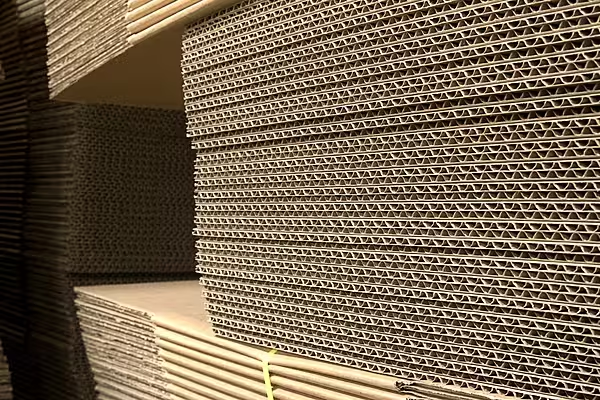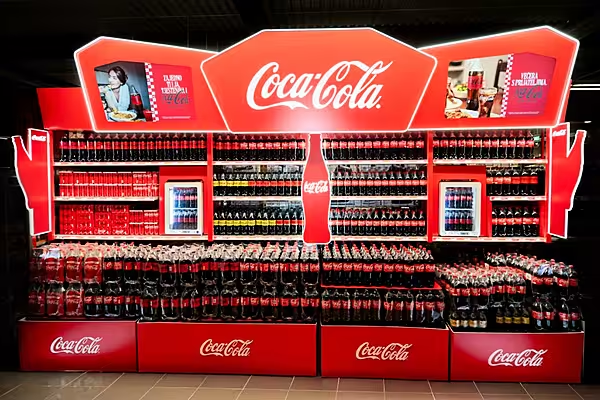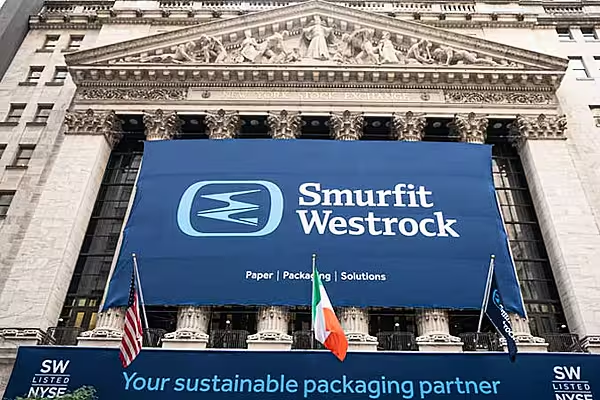The European Commission has launched the first-ever Europe-wide strategy on plastics, with a focus on reducing waste and moving towards a more circular economy.
The strategy aims to ensure that all packaging in the EU market is reusable or recyclable by 2030.
"If we don't change the way we produce and use plastics, there will be more plastic than fish in our oceans by 2050," said Frans Timmermans, vice-president of the commission.
"The only long-term solution is to reduce plastic waste by recycling and reusing more. This is a challenge that citizens, industry and governments must tackle together," Timmermans added.
Packaging giant Tetra Pak says that it supports the European Commission's strategy and aims to substantially increase the use of plastics made from renewable feedstock. It also plans to work with industry partners to ensure that, by 2030, recycling solutions are in place for all components of beverage cartons, so that they can be fully recycled across Europe.
“The EU’s Plastics Strategy is an important step towards a low-carbon circular economy, based on recycling, renewables and responsible sourcing, and we are ready to make our contribution as a leading food-processing and -packaging provider,” said Dennis Jönsson, president and CEO of Tetra Pak.
“Although around 75% of our packaging is made from paperboard, we also use plastics as a protective layer, and to produce the package openings,” added Jönsson.
UK Plastics Push
Prior to the European Commission's announcement, UK Prime Minister Theresa May outlined her government's 25-year plan for reducing waste and tackling climate change, with a strong focus on plastic packaging.
In a speech made last week, May pledged to eliminate all 'avoidable' plastic waste by 2042, and proposed extending the levy on plastic bags and introducing plastic-free aisles in supermarkets.
In response, frozen-food retailer Iceland announced yesterday that its private-label range will be plastic-free by 2023 and called on other retailers to follow suit.
“The onus is on retailers, as leading contributors to plastic-packaging pollution and waste, to take a stand and deliver meaningful change,” said managing director Richard Walker.
“Other supermarkets, and the retail industry as a whole, should follow suit and offer similar commitments during 2018. This is a time for collaboration,” Walker added.
Elsewhere, upmarket grocery chain Waitrose said that it will stop selling packs of plastic straws by September 2018, in its bid to cut down on plastic waste.
"Phasing out packs of single-use straws shows how seriously we are taking the challenge of reducing our impact on the environment," said Tor Harris, head of sustainability and responsible sourcing at Waitrose. "While removing packs of straws from sale seems a small step, the impact on the environment all adds up."
The British Retail Consortium has expressed concerns about this war on plastic, however, stating that some packaging is necessary for the protection of food products.
"A comprehensive approach will ensure that we avoid unintended consequences," said Andrew Opie, director of food policy at the BRC. "For example, packaging plays a key role in the prevention of food waste – another key government priority – with a shrink-wrapped cucumber lasting five times as long as an unwrapped one."
© 2018 European Supermarket Magazine – your source for the latest retail news. Article by Sarah Harford. Click subscribe to sign up to ESM: The European Supermarket Magazine.
